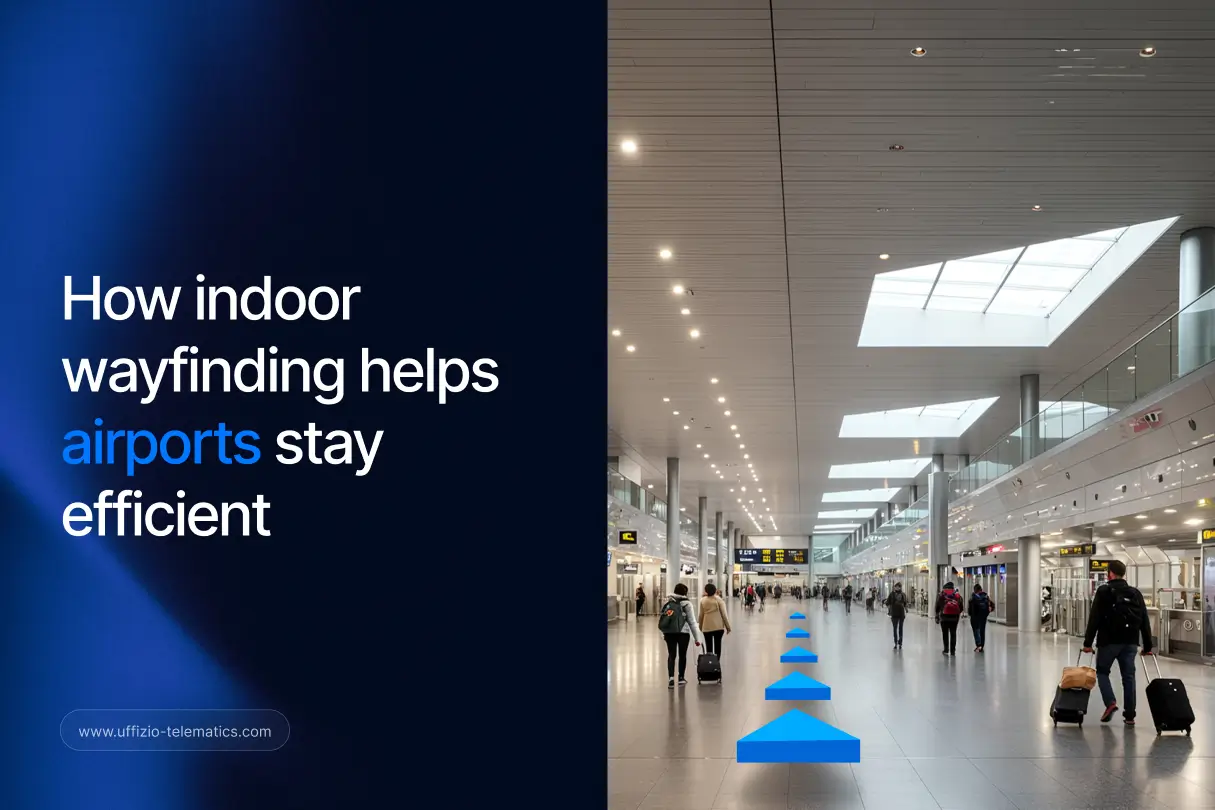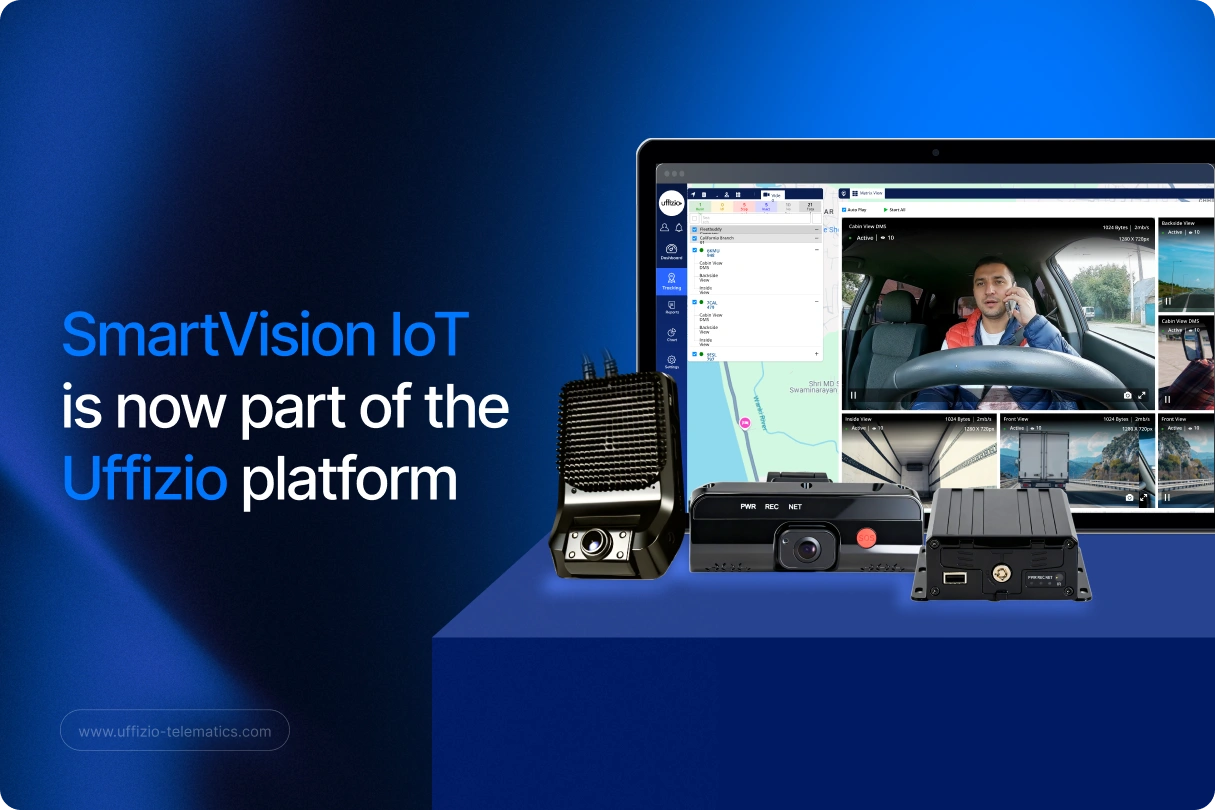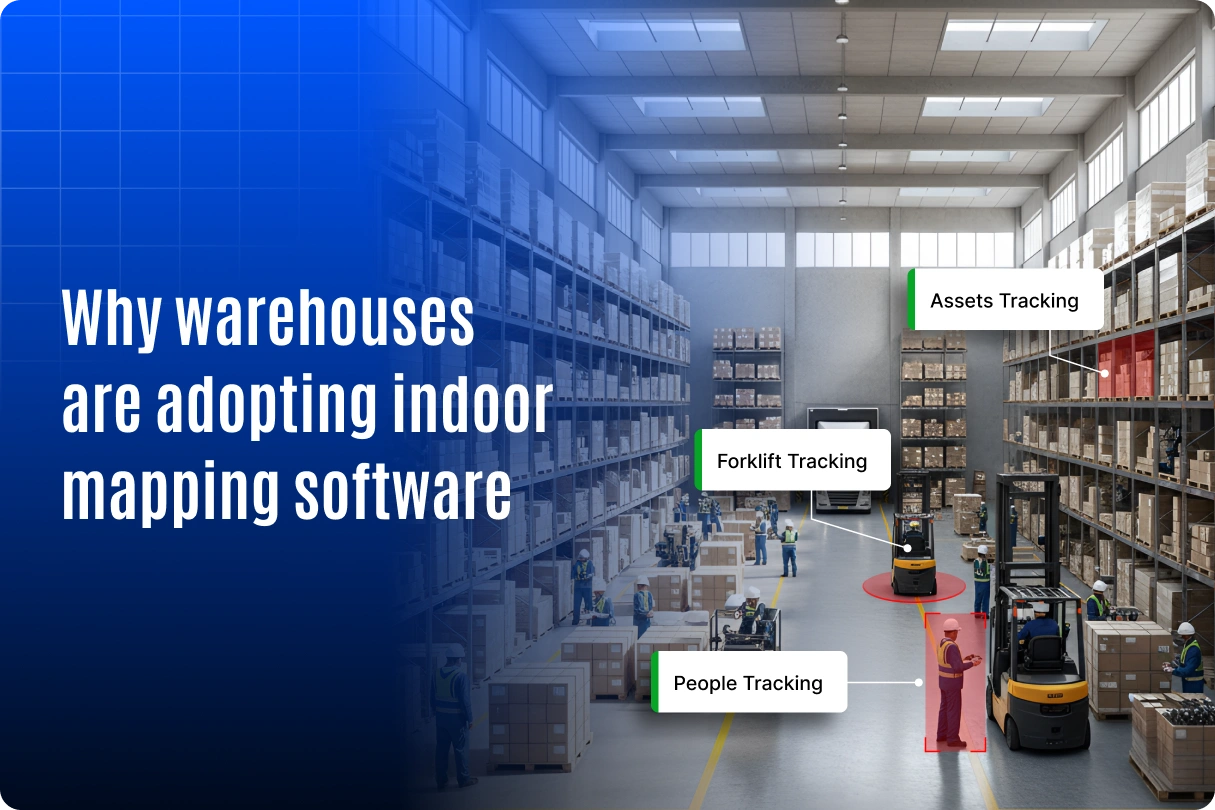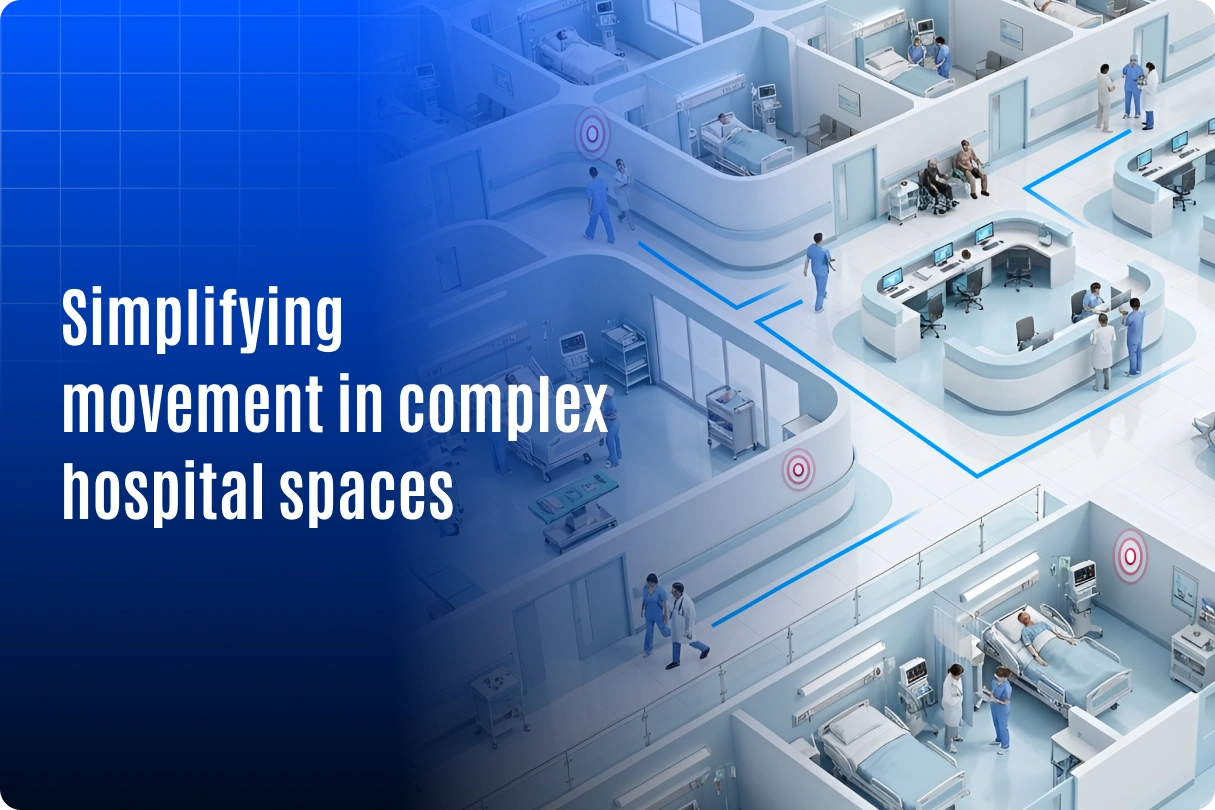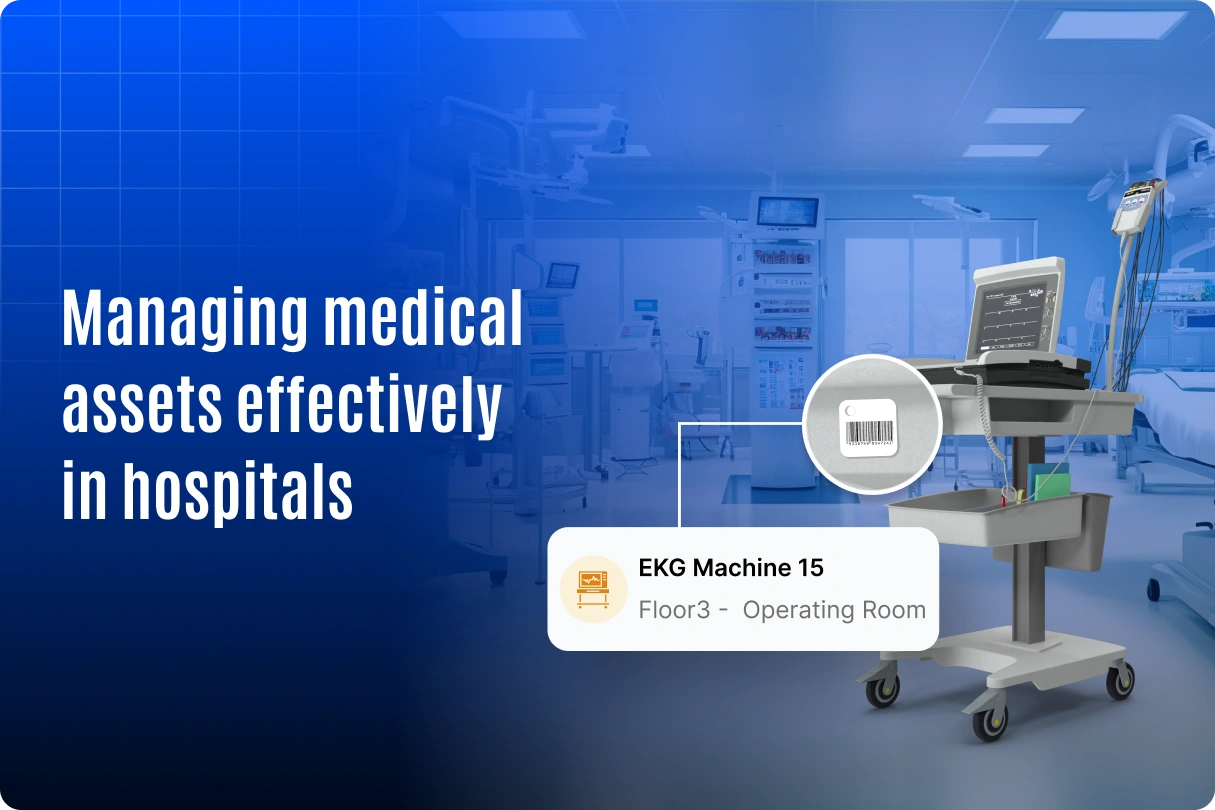Fleet management or vehicle tracking software is at the core of modern transport and logistics operations. But while businesses focus on driver tracking or fuel monitoring, system integrators take a broader view. They’re not just selling a product—they’re delivering value, managing client relationships, and planning for long-term scalability.
Choosing the right software platform isn’t just about ticking boxes. It’s about finding a solution that supports your business goals, adapts to your client needs, and grows with you. This blog explores the nine key things experienced system integrators look for when evaluating fleet management platforms—and why these elements can define your success.
1. White-Labeling capabilities that strengthen your brand
Branding is more than just a logo. For system integrators, having the ability to white-label a platform means offering a complete product under their own brand.
What integrators expect:
- White-labeled apps and web portals
- Custom login pages and domain names
- Branding consistency across reports, alerts, and notifications
This not only boosts your market identity but also builds stronger client relationships—because clients feel they are using a product developed and managed by you.
2. API-Friendly architecture for smooth integrations
Modern clients demand connectivity. Whether it’s an accounting platform or warehouse system, they expect tools that talk to each other.
What integrators look for:
- Open REST APIs and webhooks
- Easy documentation for developers
- Secure data exchange protocols
- Compatibility with ERPs, CRMs, and HR systems
A platform with flexible integration support helps you customize the experience for different clients—without building workarounds or using external plugins.
3. Modular design that fits different industry needs
Every industry operates differently—and every client has unique requirements. A modular platform allows integrators to activate only the features needed, keeping the interface clean and user-friendly.
Key expectations:
- Industry-specific feature sets (e.g., logistics, construction, school transport)
- Ability to disable unused modules
- Custom development support for niche use cases
With this flexibility, you can tailor your offerings for each segment without bloating the system with unnecessary features.
4. Compatibility with a wide range of hardware devices
System integrators often work with clients who already have existing GPS trackers or prefer certain sensor brands. Choosing a hardware-independent platform reduces onboarding friction and opens doors to more clients.
What top platforms offer:
- Support for 1,000+ GPS and IoT protocols
- Compatibility with sensors like fuel, tyre pressure, load, and temperature
- Fast addition of new device protocols upon request
This flexibility saves time, reduces installation costs, and makes your service more versatile in competitive markets.
5. Built-In data security and role-based access control
Security is no longer an afterthought. Clients want assurance that their business data is protected—and integrators want granular control over who can access what.
Essential security features:
- Role-based permissions for different user types
- Encrypted communication and secure hosting
- GDPR and region-specific compliance readiness
- Regular data backups and audit logs
A secure platform builds trust, especially when working with large enterprises or government contracts.
6. Visual dashboards and insightful reports
Data becomes valuable only when it’s easy to understand and act upon. Integrators want software that transforms raw fleet data into insights that clients can use.
What makes reporting useful:
- Customizable dashboards for fleet owners, supervisors, and admins
- Scheduled reports delivered via email
- Graphs and charts showing trends and comparisons
- Alert widgets for immediate attention
This helps clients make smarter decisions—improving vehicle use, route planning, and driver behavior.
7. Support for multiple languages and regions
Serving global or multi-regional clients? Then localization is a must. Integrators need platforms that adapt to different languages, units, and compliance needs.
Regional readiness includes:
- Interface translations in major languages
- Units for distance, fuel, and weight that match regional norms
- Timezone and date format settings
- Local laws and compliance alerts (where applicable)
These small but powerful details help improve client satisfaction and reduce onboarding challenges.
8. Dedicated technical and business support
Great software is only as good as the support behind it. When issues arise—or clients ask for customizations—fast and knowledgeable support makes a difference.
What integrators expect from their provider:
- Dedicated account managers or partner support
- Access to implementation guides and training resources
- Timely updates and clear product documentation
- Live chat or ticketing system with fast resolution
Strong support keeps your operations running smoothly and ensures your clients are never left waiting.
9. Scalability that grows with your business
Lastly, system integrators think ahead. Whether starting with a handful of clients or managing hundreds, the platform must scale effortlessly as the business grows.
Scalability essentials:
- Cloud-based infrastructure for high availability
- Tools to onboard multiple clients or vehicles in bulk
- Pricing that adapts to volume
- Multi-tenant support for managing several client accounts easily
A scalable platform allows you to grow without switching systems or overhauling your existing setup.
Final thoughts
For system integrators, vehicle tracking software isn’t just a tool—it’s a long-term business partner. The most successful ones choose platforms that offer flexibility, performance, and strong support, enabling them to serve clients confidently while building their own brand.
If you’re evaluating software options, use this 9-point checklist to ensure you’re investing in a solution that works today and grows with you tomorrow.
